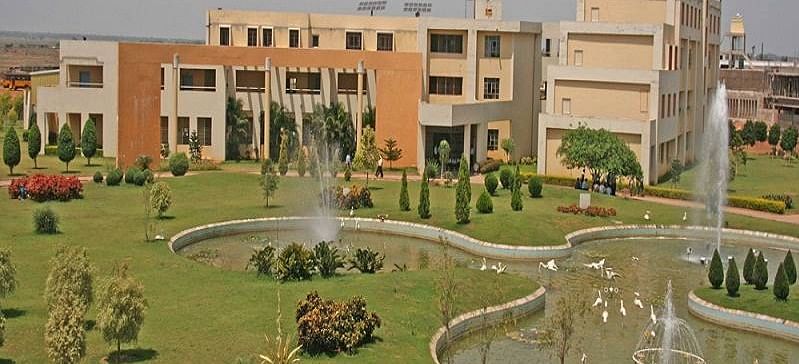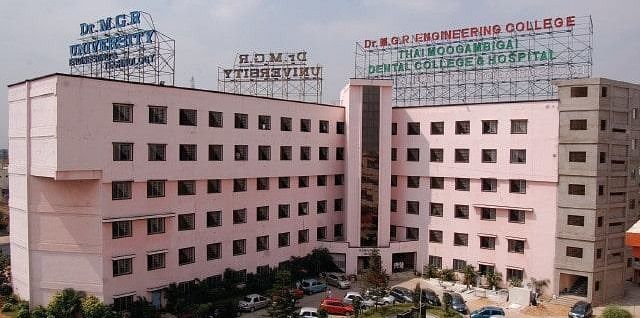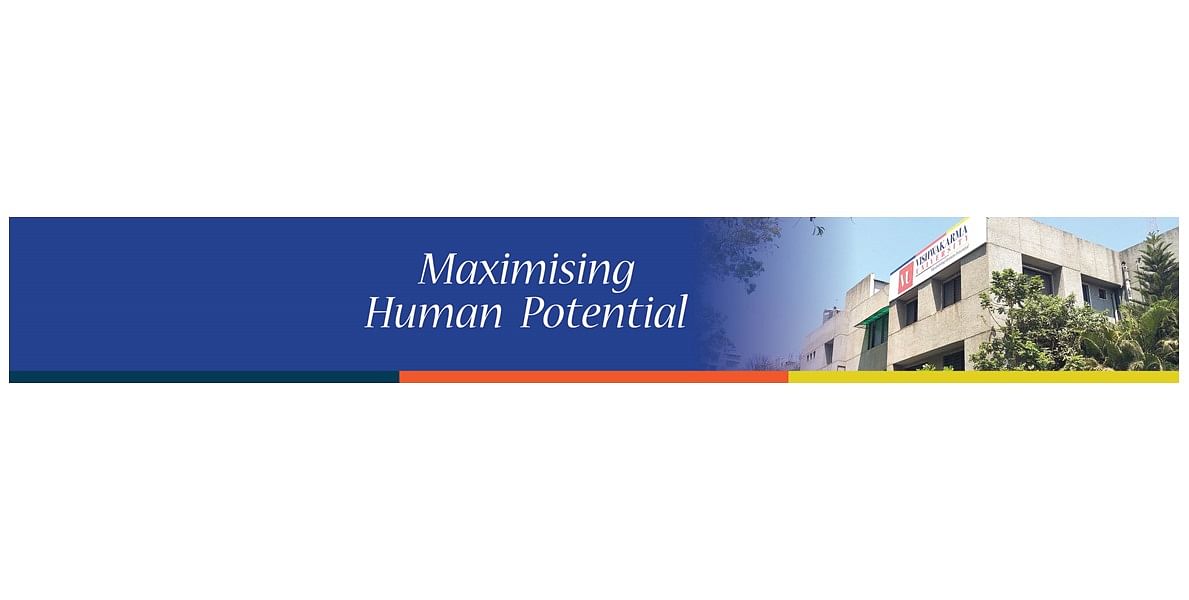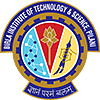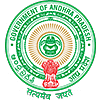D.Pharma Syllabus and Subjects: Semester-wise, Electives, Specialisation, Books

The D. Pharma syllabus is a two-year-long course divided into 4 semesters. D. Pharmacy syllabus covers the fundamental education of pharmacy in the pharmaceutical industry, along with the study of biochemistry, pharmacology, and toxicology. D. Pharmacy subjects teach students about various pharmaceutical methods & applications along with Toxicology, Health Education, and Community Pharmacy.
D.Pharma syllabus trains students to acquire important knowledge and industry-relevant skills in pharmaceutical sciences. Hence, the D Pharma job scope opens candidates to a plethora of fields. Students must have completed the 12th class in the science stream from a recognized board with at least 50% marks to be eligible for the D Pharma course.
Check Detailed Year-Wise D.Pharma Syllabus:
Table of contents
Semester-Wise D Pharma Syllabus 2025
D.Pharma syllabus is structured to include theoretical and practical training based on preparation, dispensing, and appropriate medication practices for therapeutic purposes. The subjects can differ for other colleges. A general view of the semester-wise D.Pharmacy syllabus from the top D. Pharmacy colleges is as given below:
D. Pharma First Year Semester-Wise Syllabus 2025
The D Pharma first-year syllabus introduces students to core pharmaceutical subjects that remain common for all. Here is a table of the first-year syllabus for D.Pharma:
| D.Pharma syllabus semester-1 | |
| Biochemistry and Clinical Pathology | Human Anatomy and Physiology- I |
| Pharmacognosy - I | Health Education and Community Pharmacy- I |
| Pharmacognosy Lab | Pharmaceutical Chemistry-I Lab |
| D.Pharma syllabus semester-2 | |
| Hospital and Clinical Pharmacy | Pharmaceutical Chemistry- I |
| Pharmacology & Toxicology | Drug Store and Business Management |
| Pharmaceutics Lab | Pharmaceutical Chemistry-II Lab |
Practical Subjects in First Year D Pharma Syllabus
Some of the practical subjects in the First Year D Pharma Syllabus are given below:
- A systematic approach to drug information queries using primary/secondary/tertiary resources of information
- Providing the following health screening services for monitoring patients
- Providing counseling to simulated patients for the following minor ailments
- Use of Community Pharmacy Software and digital health tools
Read More: D.Pharma 1st Year Syllabus
D. Pharma Second Year Semester-Wise Syllabus 2025
The D Pharm second-year syllabus gives in-depth knowledge and understanding of specific concepts of chemistry, toxicology, etc. Here is a table of the second-year syllabus for D.Pharma:
| D.Pharma syllabus semester-3 | |
| Health Education and Community Pharmacy | Antibiotics |
| Human Anatomy and Physiology - II | Pharmacognosy- II |
| Biochemistry and Clinical Pathology Lab | - |
| D.Pharma syllabus semester-4 | |
| Pharmaceutics | Pharmaceutical Chemistry-II |
| Pharmaceutical Jurisprudence | Health Education and Community Pharmacy- II |
| Hospital and Clinical Pharmacy Lab | - |
Practical Subjects in Second Year D Pharma Syllabus
Some of the practical subjects in the First Year D Pharma Syllabus are given below:
- Commonly used instruments in experimental pharmacology
- Interpret the dose-dependent responses of drugs in various animal experimental models
- Overview of the common fixed dose combinations
- Role of Community Pharmacists in Preventing Antimicrobial Resistance
Read More: D.Pharm 2nd Year Syllabus
D Pharmacy Subjects
The D.Pharma subjects are designed to enhance the knowledge and understanding of medicines and drugs used in medical science. The subjects in the D Pharma include the scientific study of Pharmaceutics, Pharmacognosy, and Pharmacology, along with a comprehensive insight into Clinical Pathology and Pharmacy. Some of the D.Pharma subjects are given below:
D.Pharma Core Subjects
D.Pharma course structure is designed to include core subjects. Below is the list of D.Pharma core subjects:
- Pharmaceutics
- Pharmaceutical Chemistry
- Pharmacognosy
- Biochemistry
- Clinical Pathology
D.Pharma Elective Subjects
Below is the list of D.Pharma elective subjects:
- Human Anatomy and Physiology
- Health Education
- Community Pharmacy
- Pharmacology-Toxicology
- Pharmaceutical Jurisprudence
- Drug Store Business Management
- Hospital Clinical Pharmacy
D.Pharma Subjects in Detail
The structure of the D Pharma syllabus focuses on core areas in the field of medicine, pharmaceuticals, and adjoining areas of study. A detailed view of some of the subjects in the D Pharma syllabus is given below:
| D.Pharma Subjects | Topics Covered |
| Pharmaceutics | Concept of Health, Nutrition, First aid, Environment, and Human critical Health |
| Pharmaceutical Chemistry | Acids, bases and buffer, Antimicrobials and Astringent, Expectorants and Emetic, Quality control of Drugs |
| Pharmacognosy | Pharmaceutical aids, Carbohydrates, Vitamins, Therapeutics |
| Pharmacology & Toxicology | Routes of administration of drugs, General mechanism of drugs action, Drugs acting on the respiratory system |
| Pharmaceutical Jurisprudence | Pharmacy Act,1948, Drugs and Magic Remedies, Origin and Nature of pharmaceutical legislation in India |
| Principles of Modern Pathology including Clinical Pathology | Introduction of Pathology, Immunopathology, Haemodynamics, Inflammation and wound healing, Infectious diseases |
D.Pharma Course Structure
There are no specializations in D.Pharma, and so no electives to choose from. The D.Pharm syllabus includes theoretical classroom-based teaching and project/dissertation work to understand the concepts better. The course structure is as follows:
- IV Semesters
- Core Subjects
- Practical Labs
- Project/ Thesis Submission
- Seminar
- Hospital / Clinic Visit
D.Pharma Teaching Methodology and Techniques
The D.Pharma curriculum comprises different teaching methods. Along with the traditional lectures and core subjects, the students are taught lab practicals, workshops, and case presentations for better understanding. The teaching methodology is inclined more toward practical learning. Listed below are the teaching methodology and strategies for D.Pharma in general:
- Group Projects
- Traditional Classroom-Based Teaching
- Practical Lab Sessions
- Guest Speakers
- Seminars
- Conceptualized Learning
D.Pharma Projects
D.Pharma projects are given to students for practical learning of theoretical topics. Projects assist students in getting hands-on experience and gaining skills to manage educational work. Projects are to be completed by the end of the fourth semester. Some popular D Pharma projects are:
- Drug-induced diseases and Teratogenicity
- Nano-particles containing Anticancer drugs
- Supercritical Fluid Technology
- Designing a polyherbal formulation for metabolic disorder
- Formulation and Evaluation of colon targeted drug delivery system
Career Scope After D.Pharma
D.Pharma can lead to employment in a variety of multispecialty hospitals and medical centres. Graduates of the D.Pharma degree have expanded professional prospects in a variety of sectors tabulated below.
| Area of Recruitment | Job Roles |
| Hospitals and Healthcare | Clinical Pharmacist, Hospital Staff Pharmacist, Medical Officer, Health Inspector |
| Public Health Departments | Public Health Pharmacist, Health Educator, Community Pharmacist |
| Research Organizations | Clinical Research Associate, Research Scientist, Biostatistician |
| Retail Pharmacy Chains | Retail Pharmacist, Pharmacy Manager, Customer Service Associate |
| Regulatory Authorities | Drug Inspector, Regulatory Affairs Executive, Compliance Officer |
| Education | Pharmacy Lecturer, Academic Writer, Lab Instructor |
| Pharmaceutical Companies | Pharmacist, Medical Representative, Drug Safety Associate, Quality Control Analyst |
D.Pharma Job Roles
These positions will help them figure out how to achieve their aims and objectives. The typical first D Pharmacy salary for graduates is between INR 2 and 3.5 LPA.
Refer to the table below to know the D.Pharma job roles for students' reference.
| Job Profiles | Average Entry Level Salary (INR) |
| Clinical Pharmacist | 3.5 LPA |
| Hospital Staff Pharmacist | 2.5 LPA |
| Drug Safety Associate | 2.0-3. LPA |
| Medical Writer | 2.50-3. LPA |
D.Pharma Reference Books
D Pharma books are available both online and offline from many authors and publications. Reference books are meant to help understand concepts better. D. Pharmacy books pdf are also available online for e-learning. Some of the best reference books for D.Pharma are:
| Name of the Books | Authors |
| Pharmaceutics - I | R.M. Mehta |
| Human Anatomy and Physiology | V.N. Raje |
| Health Education & Community Pharmacy | Murugesh |
| Pharmaceutical Chemistry - I | A.V. Kasture |
D Pharma course requires an unprecedented level of dedication. The D Pharma syllabus covers a wide range of topics, providing students with an excellent opportunity to grasp the area better. While many believe that preparing for the D Pharma Syllabus is difficult, the overall difficulty is considered to be moderately difficult.
Top D.Pharma [Diploma in Pharmacy] Colleges
Top Pharmacy Entrance Exams
D.Pharma Fee Structure
FAQs on D.Pharma Syllabus and Subjects
Q: What is the 1st year syllabus of D Pharmacy?
The 1st year syllabus of D Pharmacy includes Biochemistry and Clinical Pathology, Hospital and Clinical Pharmacy, Pharmacognosy Lab, etc.
Q: What are the core subjects of D Pharmacy?
The core subjects of the D Pharmacy syllabus are Pharmaceutics, Pharmaceutical Chemistry, Biochemistry, etc.
Q: What are the elective subjects in D Pharmacy?
A few of the elective subjects of the D Pharmacy syllabus are Human Anatomy and Physiology, Health Education, Community Pharmacy, etc.
Q: What are the D Pharmacy projects?
Some popular D Pharmacy project topics are Drug-induced diseases and Teratogenicity, Supercritical Fluid Technology, Designing a polyherbal formulation for metabolic disorders, etc.
Q: What are the important books for D Pharmacy?
A few popular reference books include Pharmaceutics - I by R.M. Mehta, Human Anatomy and Physiology by V.N. Raje, etc.
Q: Can D.Pharm graduates work in non-traditional settings, such as pharmaceutical marketing or health insurance?
Yes, D.Pharm graduates can work in pharmaceutical marketing or health insurance in areas like medical writing, clinical research organization, pharmaceutical distribution, etc.
